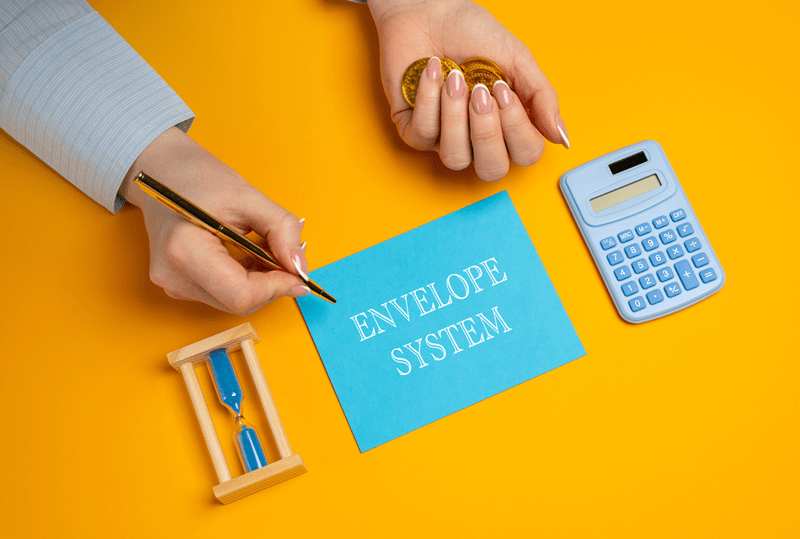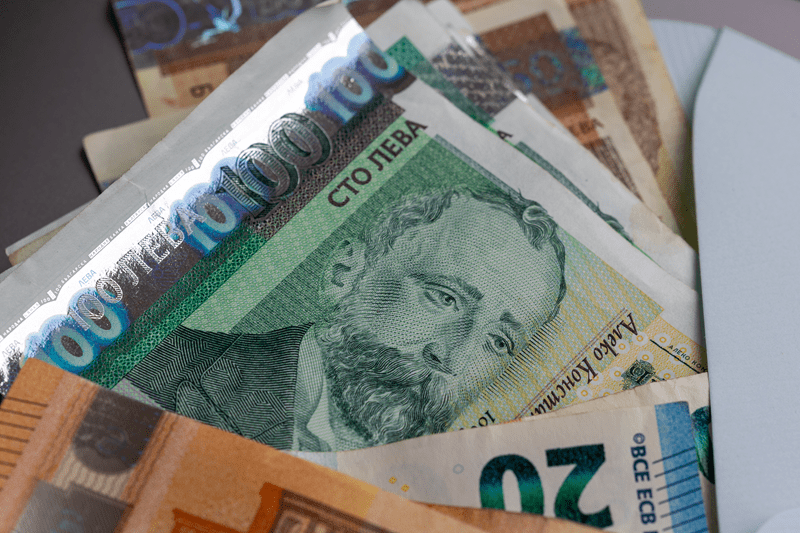
Having money can be like having many balls in the air. Bills, groceries, gas, and spontaneous coffee runs can put budgeting out of the question. However, how about the simple, practical form of observing your money trail and being able to control it? That is where the cash envelope system is.
This simple but effective budgeting system can assist you to spend, keep organized and make your money a little more mindful. This blog will discuss the operation of the system, the categories of best cash envelopes to use, and how to maintain a realistic and stress-free budget.
Let’s start with the basics. An ancient form of budgeting is the cash envelope system, which continues to perform miracles to date. You do not keep a record of all dollars on the computer; instead, you separate your monthly earnings into various envelopes of cash. Every envelope is an expense category, such as groceries, gas, entertainment, or going out to eat.
As you pay up, you spend the money only in the relevant envelope. When that envelope is wrung out, you may not be able to spend more in that category till your next pay day. It is easy, pictorial, and surprisingly effective in making people adhere to their budgets.
This is why the envelope cash method is very powerful, as it is a method that makes spending concrete. A card swipe does not give the feeling of using cash and giving it to someone. You are reminded more of what you are spending when you actually see the money fall out of the banknote.
The cash envelope budget system can be used by anybody: a student who has to start working with their first paycheck or a parent who tries to spend less money with their family. It is particularly nice among individuals who cannot properly adhere to digital budgeting tools or lose sight of what they do with their money.
Once you understand the concept, the next step is creating your cash envelope categories. These are simply the different areas where you regularly spend money. Picking the right categories can make or break your success with this method.
Here are some everyday cash envelope categories you might consider:
The number of categories depends on your lifestyle. Keep it manageable—around 5 to 10 categories usually work best.
If you live in a big city, you might need a separate envelope for parking or public transit. Families with kids might add school supplies or childcare. The goal is to create envelopes that match your real spending habits—not what you think they should be.
Start by listing your monthly income and fixed bills (like rent or utilities). Whatever remains can be divided among your cash envelopes. Use your past bank statements to estimate how much you typically spend in each category.

Now that your envelopes are ready, it’s time to use them the right way. This step is all about discipline and mindfulness.
At the start of each month—or every paycheck—withdraw the total cash you need. Split it according to your planned cash envelope categories.
Label every envelope with the category name. You can use plain paper envelopes or buy special reusable ones online. Some people even decorate their envelopes for motivation.
Whenever you make a purchase, take the money from the correct envelope and note how much you spent. This can be as simple as jotting down numbers on the envelope itself.
This rule is crucial. If your “dining out” envelope runs out of money, that’s it—no takeout until next time. It might feel tough at first, but it teaches discipline and helps you make smarter choices.
At the end of the month, check which envelopes have leftover cash. You can either roll that money into next month’s budget or move it to savings.
Switching to an envelope cash system might feel old-fashioned, but it offers some surprisingly modern benefits.
When you buy with envelopes, each and every purchase seems planned. You begin to say to yourself, Do I need this? Even that little silence can pay off in the long run.
When you use up the money, you can not make up the budget by swiping a card. Having this natural constraint will curb impulse purchases and restrain your expenses.
It is a good feeling to have money left in your wallet. Budgeting becomes a game to a great number of people who decide to save whatever they have left to keep.
Don't miss: 7 Best Budget Tracking Apps to Master Your Finances
Similar to any routine, consistency is the major factor. These are some tricks that would make your cash envelope system a long-lasting process.
Do not bother yourself with too many envelopes. Start with the three or four spending categories that were one of your top priorities and add more as you become comfortable.
Others opt to adopt a different strategy- a blend of flexibility of spending with an envelope, bills, or saving with digital tracking. Apps will assist in documenting money transactions in case you are fond of having a backup.
Your budget must change, so should your life. Take in and take out your envelope classifications or allocations as you need to; it is not a failure, but is an inherent process in handling money.
Spend on good cash envelopes that can withstand months. You could buy any reusable fabric pouch or wallet type specially made using this system.
Never take your winnings everywhere. Lock the majority of them back home and grab what you need in a day.
The cash-in-envelop system, despite the digitalization of the banking system and the adoption of mobile wallets, will never become outdated. It helps to keep in mind that money is not merely a set of digits on the computer monitor but a reality and something scarce. Third, it makes your spending physical, which involves your financial life being mindful again. Budgeting is not only about reducing costs; it is all about knowing what matters to you. The money system that involves the use of cash envelopes will teach patience, balance, and restraint- and these are far deeper than money.
This content was created by AI